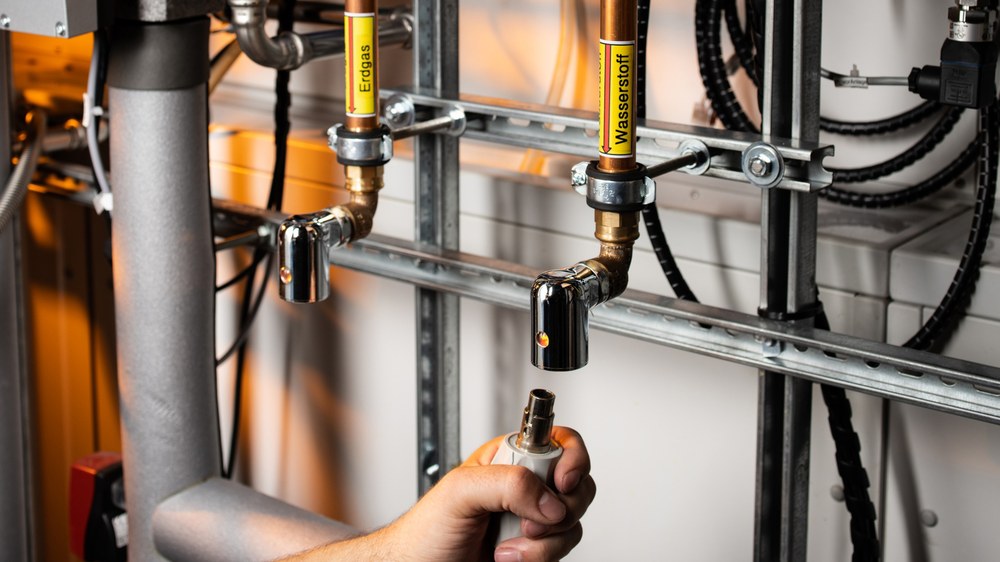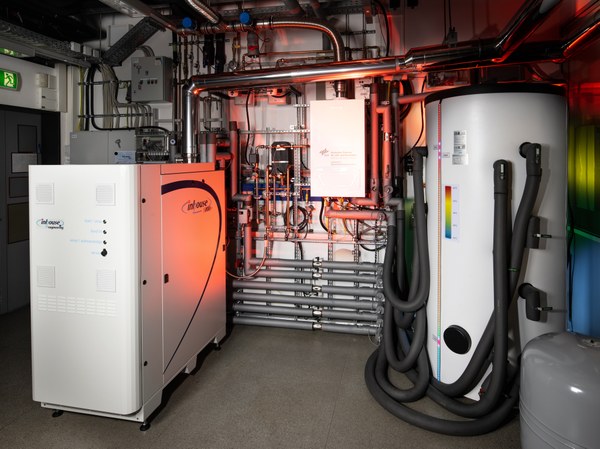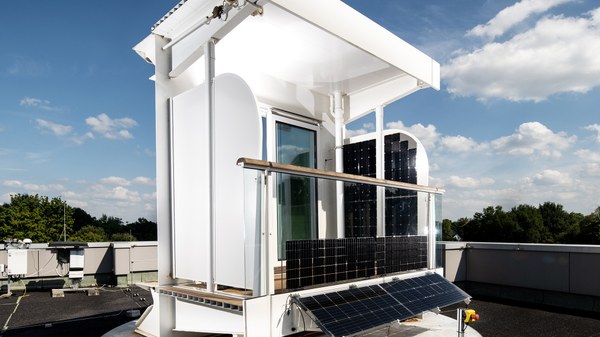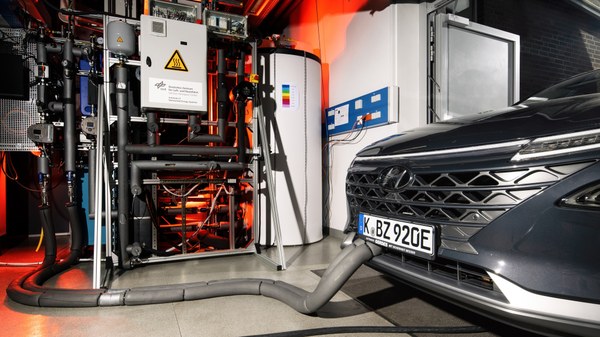Current scientific publications of the department Urban and Residential Technologies can be found in the electronic publication directory (elib).
Urban and Residential Technologies

One important aspect related to the decentralisation of our energy systems is finding a way to ensure that heavily-urbanised regions continue to receive reliable energy supplies. In addition the supply of electricity and thermal energy, people's mobility must also be guaranteed. Given the increased use of renewable energies, growing decentralisation in energy production and the possibilities for intelligent networking of energy-relevant components, we ask ourselves two questions: What are the future technological solutions that cities and buildings will be able to harness in order to help cover their own energy needs? How can these technologies use sector integration to create those flexibilities based upon which we will be able to learn how to control the fluctuations in renewable energies?
Against the background of these issues, the Urban and Residential Technologies Department at the Institute of Networked Energy Systems is working on developing and integrating new and innovative system-relevant individual technologies and components. One priority research area relates to active building envelopes: these turn solar radiation into thermal, electrical or chemical energy by way of energy conversion. This field of research involves the development of efficient and reliable technologies as a basis for subsequent implementation in industry. A wide range of criteria needs to be considered here, from the technology to the costs and legal aspects.
Another focus of our research is on Sector Integration – Gas Technology, where we are developing solutions for how this sector, which has so far been dominated by natural gas, can also play a major role in a defossilised energy future. An important goal here is the utilisation of synthetic gaseous energy carriers (e.g. hydrogen) using an adapted gas distribution infrastructure. We examine the entire chain, from system-beneficial energy generation and cavern storage facilities to transport networks and users.
In terms of sector integration for mobility, we are also investigating technologies at the interface between electrical vehicles and the power network, with the focus on engines driven by electricity, hydrogen and synthetic hydrogen compounds. Due to their ability to be fed back into the power grid, these approaches have great potential for flexibility and are regarded as key elements for future energy systems




